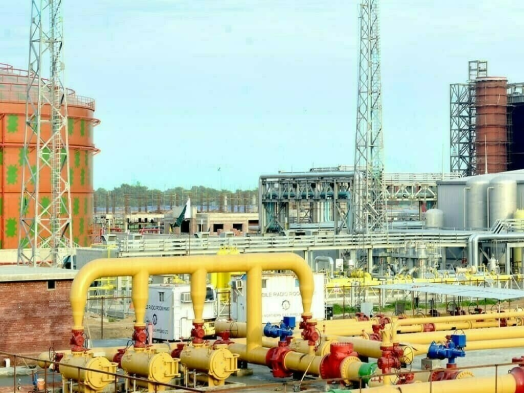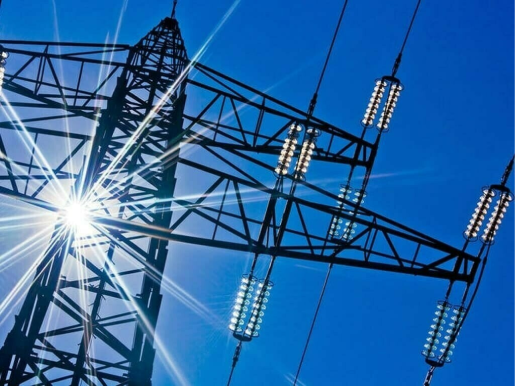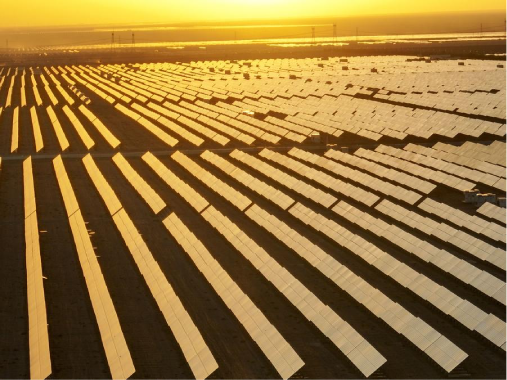The German government plans to spend as much as $82.8 billion (83.3 billion euros) on funding a planned cap on electricity and gas prices next year as it looks to help businesses and consumers with coping with high energy costs, Reuters reported this weekend, quoting a draft proposal it had seen.
The proposed financing for energy price caps would represent 42% of the planned $199 billion (200 billion euros) “defensive shield” to protect companies and consumers against the impact of soaring energy prices. At the end of September, the German government said that it would ditch earlier plans for a gas levy on consumers and instead would introduce a gas price cap to curb soaring energy bills.
Last month, a panel of experts proposed measures to alleviate the impact of soaring energy prices on consumers, with steps including a one-off payment and subsidizing more than half of the expected gas consumption.
The experts recommended giving households and businesses a one-off payment worth a month of their respective gas bills and subsidizing between 60% and 80% of the expected gas consumption, while consumers will pay the rest at market prices. The one-off payment is planned to be made in December, while the plan for the gas price cap was to be implemented in March or April 2023.
The commission will propose measures to blunt the impact of soaring energy prices on large industrial consumers at a later stage.
The expert gas commission in Germany has submitted a final proposal to the government, calling for a gas price cap at $0.12 (12 euro cents) per kilowatt hour to cover 80% of household gas consumption beginning in March and running until April 2024, Reuters reported last week. The gas price cap is meant to aid households that are now dealing with gas prices that are over 2.5 times higher than this time last year as soaring energy prices risk industrial shutdowns and job losses in Europe’s biggest economy.





